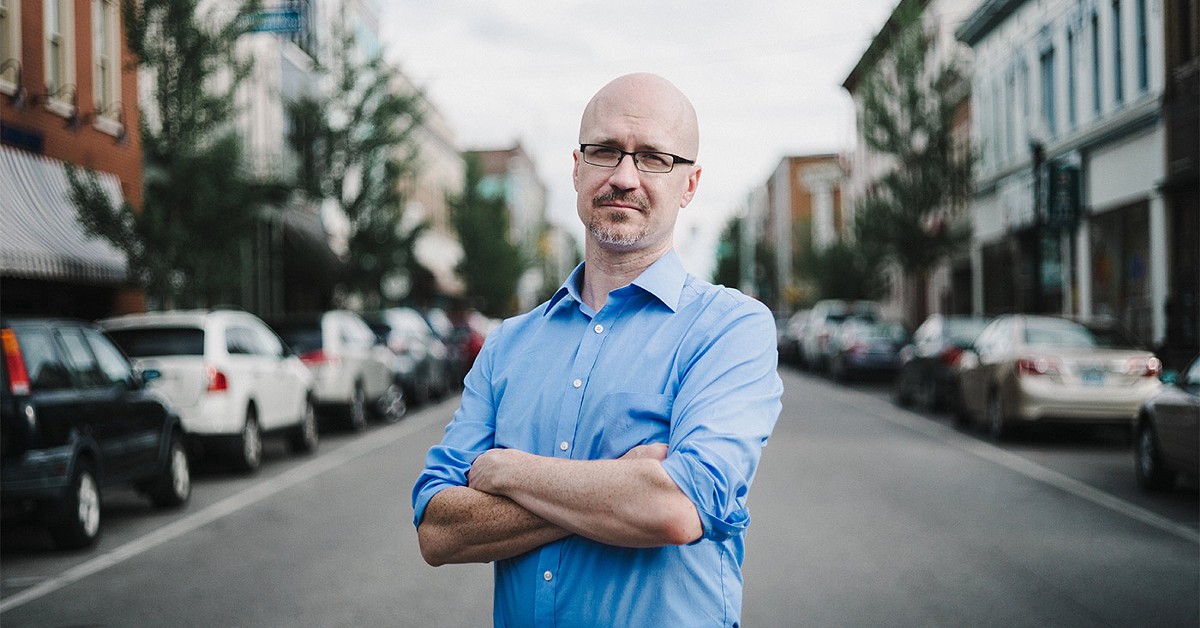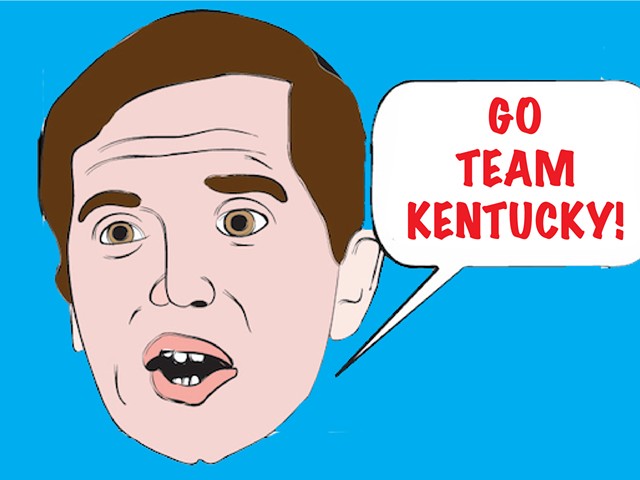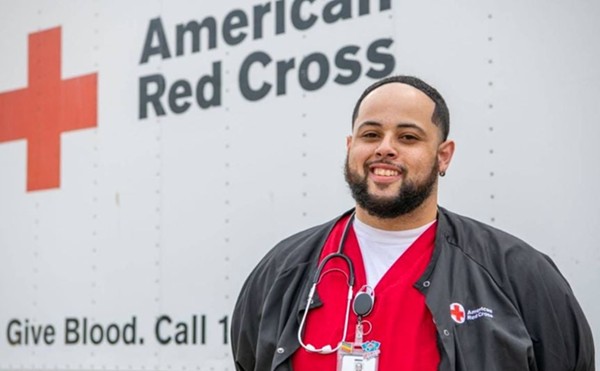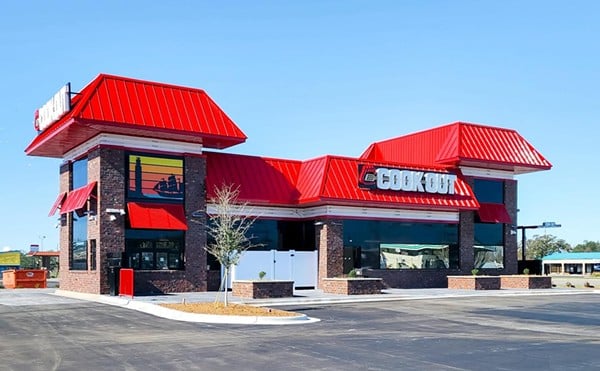In a case called Boise v. Martin, the U.S. Supreme Court last month refused to hear an appeal of the Ninth Circuit Court of Appeals ruling that cities cannot cite people for sleeping on the street when no shelter space is available. For anyone with a shred of empathy, the high court’s refusal to hear the case is a win.
It’s not a win that helps the homeless in our area, though. Right now, there’s only one shelter in a 14-county area of Southern Indiana, and 50 families are on a waiting list for emergency shelter in Louisville. If people weren’t dying in jail so damn much, maybe getting locked up would be a pretty good deal. The next best (and only remaining) option for many people experiencing homelessness is to hit the streets. In a country where many of us are one misfortune, one pink slip, one extended illness away from experiencing homelessness, is it so hard to empathize with people forced to sleep on park benches?
Alas, it seems the answer is often “yes,” because people don’t want to accept that they themselves could end up on the streets. And so the sad-looking, apparently able-bodied, middle-aged woman who stands in 14-degree weather to ask for anything you can spare must be faking it; you can tell by the shoes, or the coat, or the penmanship on her cardboard sign. That’s a hustle. She doesn’t really need money.
Where so many individuals are lacking in empathy, you can scarcely expect semi-organized groups of those individuals to do much better. Municipalities, even the good ones, tend to be barely concerned about homelessness, and if any for-profit corporations are paying attention to the issue, it’s to determine whether lean human burgers might be the next Impossible Whoppers™. So, you end up with situations like the bulldozing of encampments in downtown Louisville last fall, followed by an ordinance imposing fines on panhandlers, or worse, the immediate jailing of anyone on the street we see (or rather, we don’t see) in smaller towns.
Here, as in Boise, Idaho, it’s easy enough to experience homelessness and easier still to get crossways with the law once you’re homeless. But the Boise v. Martin rule applies in only a handful of states, and for now, law enforcement around here can still sting people experiencing homelessness with fines and jail time for all sorts of things.
Could a case like the one in the Ninth Circuit be brought here in Indiana/Kentucky? Even if it could, we probably wouldn’t want it. There are few federal judges who would eagerly rule against a city under any circumstances, let alone where the plaintiffs are terminally indigent. But suspending disbelief for long enough to live in a world where a victory could be won for the homeless at both the trial court and the Court of Appeals, it could still forge a raw deal for the whole country.
A brief primer on federal procedure may help here. First, the Supreme Court doesn’t have to rule on all the cases that come before it. In fact, it hears only a very small fraction of the cases it is asked to review. In general, the Supreme Court prefers to take: 1) cases that give them the opportunity to fuck with poor people; 2) cases that would allow the expansion of presidential powers; 3) cases that give justices the chance to cryptically snipe at each other over abortion; or 4) cases in which the lower courts have reached different conclusions on the same issue, such that the Supreme Court needs to resolve the split. The circuit courts, therefore, tend to make most of the law for the country, and they, too, tend to render decisions that are great if you’re the government or a corporate “person” but terrible if you’re an actual person.
If one of our more conservative circuits takes up the issue of whether homeless people have the right to sleep on the streets, it isn’t all that likely to reach the same result as the Ninth Circuit. That would put our fictional case in at least two of the aforementioned four categories, making it more likely that the SCOTUS would take up the issue, which is an outcome we empathy-havers do not want. You’ll forgive me if I have little faith in a few old, white Ivy Leaguers, even if their collective judicial philosophy is amply captured by the Wikipedia entry to “Atlas Shrugged,” to rule against cops who gleefully squash tents and kick over butane stoves, especially if it means giving a win to the unwashed and unpropertied masses.
I’ll repeat a theme that’s haunted this column since I started it: If the courts do something good for the politically powerless, it’s likely a cosmic accident on the order of the Shakespearean monkey; a fluke that cannot be repeated without rerunning the experiment a nigh-infinite number of times. As someone who has won a few not-insignificant court battles, I’m telling you, we cannot — we must not — depend on courts to bring about the changes we so desperately need to see in the Midwest and beyond.
The real puzzler here is: Outside of the courts, how do you organize around an issue where the people you need to organize most are, by definition, transient, fluid and unorganized? I’ve been asking that question of some smarter folks, and I’ll bring you their answers in my next column. •
Dan Canon is a civil rights lawyer and law professor. “Midwesticism”is his short-documentary series about Midwesterners who are making the world a better place. Watch it at: patreon.com/dancanon.






